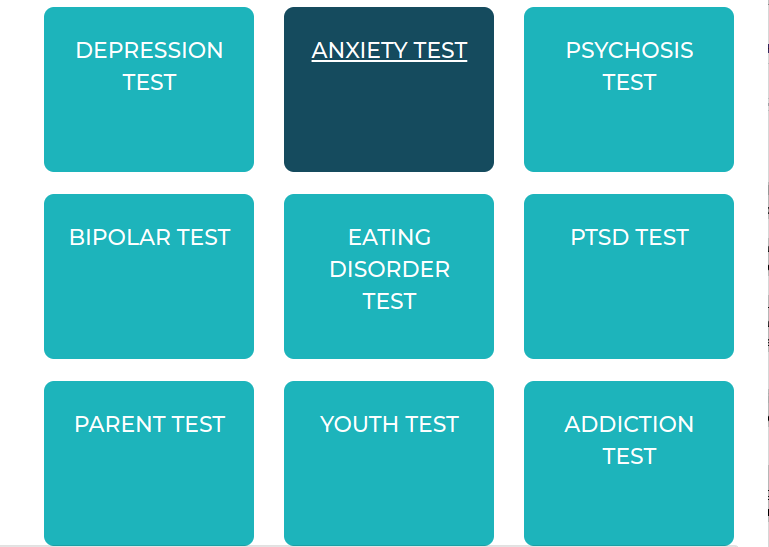The Alliance Healthcare Services has been awarded an Innovation Award for their partnership in creating the Crisis Assessment Response to Emergencies (CARE) with Memphis first responders.
The award, which was presented to them by the Tennessee Association of Mental Health Organization (TAMHO), highlights their work in preventing unnecessary jail time for those with mental illness.

Specially trained police officers and firefighters named the Crisis Intervention Team (CIT) are dispatched based upon 911 call received in the area. (They talk people off of bridges — literally.) They are accompanied with a behavioral health expert, to handle the situation.
“We noticed that we had a certain subset of people who would frequently called 911. From our research, we identified 111 people that called 911 at least 3 times a week,” said Laurie Powell, CEO of Alliance Healthcare Services.
Alliance offers services for things like drug and alcohol treatment, child abuse, medication assistance, and intensive outpatient services. Therefore, they wanted to design a solution to arresting people who simply needed mental healthcare.
This significantly cuts down on excessive 911 calls and frees up more resources for the city’s first responders.
“The cost of taking them to a hospital setting is so much more than bringing them to a state-run crisis center; there’s also a cost of being in the ER and the cost of holding them in jail,” Powell said.

In fact, mental illness has affect so many Americans this year. According to the latest TAMHO newsletter in June of this year:
A June 2020 survey from the Centers for Disease Control and Prevention of 5412 US adults found that 40.9% of respondents reported “at least one adverse mental or behavioral health condition,” including depression, anxiety, post traumatic stress, and substance abuse, with rates that were 3 to 4 times the rates 1 year earlier. Remarkably, 10.7% of respondents reported seriously considering suicide in the last 30 days.
In 2017, they were awarded a grant by the department of mental health. Their crisis center serves more than 500 people per month. “We talked to the community; we met with both mayors’ offices and we said ‘What do you think this community needs to divert people more from jail?’” she said.
Some question the need for officers being on the scene of a behavioral health situation, yet because the officers are responding to a 911 emergency call, they must go. The 911 dispatcher can assess if they need the CIT, then CIT officers can assure the scene is safe.
“Our care team, which we won the award for, is able to get to know these individuals and come up with a specific treatment plan for them. There are certain individuals who are arrested that never make it to a clinic. Part of our success is that we have seen individuals gain access to much needed follow up care to try to create long term stability,” Powell said.